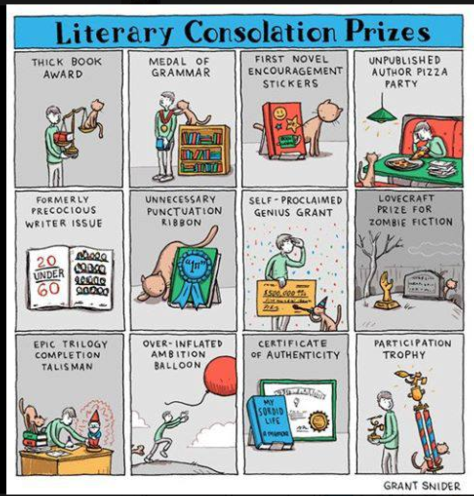While preparing to self-publish on KDP Select, I came across several articles about Amazon UK’s Kindle Storyteller Award, which has been running since 2017.
The details are:
Closing date: 31st August 2019
Entry: Writers of 18 or over publishing in English in any genre, who publish their work through Kindle Direct Publishing between 1st May and 31 August 2019. No entry fee.
Prize: Grand Prize £20,000 cash, publishing agreement with Amazon Publishing and Amazon launch.
The Kindle Storyteller Award 2019 is a £20,000 literary prize recognising outstanding writing. It is open to writers publishing in English in any genre, who publish their work through Kindle Direct Publishing between 1st May and 31 August 2019. There are some specific exclusions in the Terms and Conditions, which need careful reading.
Readers play a significant role in selecting the winner, helped by a panel of judges including various book industry experts. One judge is Mariella Frostrup.

The Kindle Storyteller 2019 writing contest is open for entries between 1st May 2019 and 31st August 2019. Books must be written in English, previously unpublished and be available as an eBook and in print via Kindle Direct Publishing. The winning author will receive a £20,000 cash prize and be recognised at a central London award ceremony. Finalists will receive a Kindle Oasis Reader.
It’s an exciting opportunity, but one that will favour writers of commercial fiction, rather than literature. Potentially, Amazon could film your story, turning it into a movie or a series:
Still, with my nose to the grindstone, I should be ready to self-publish on KDP Select next week. I rather regret that I won’t be on Amazon in time for their Prime days tomorrow and Tuesday, but, as I feared, it’s taking a while to get my eBooks removed from sales vendors that D2D distributed them to…KDP Select demands exclusivity.
Although my manuscripts, cover designs, synopses and blurb are all ready, I’ve been bogged down in expanding my online author platform, something I wish I’d worked steadily on over the last few years, rather than being faced with a colossal amount of work now. For instance, I’ve spent the last week sharing posts from my writing blog Paul Pens and The Cornish Detective website to their equivalent Facebook pages. That’s 420 posts that needed to be mouse-clicked one by one, each transfer taking about 2-3 minutes. It’s as boring as it sounds, feeling like nothing to do with writing.
I’ve said it before on this blog, but most of what we do as authors is speculative. Nothing feels more based on conjecture and potentially a waste of time than designing a blog and website that no one may look at.
I’ve learned all sorts of things about SEO to make my posts appear in search results more often. I was happily ignorant of most of these techniques at the beginning of the year. While working on my sites, I put them in maintenance mode, so they weren’t showing as searchable. I finished Paul Pens first, making it live three weeks ago. Determined not to become neurotic about receiving likes and comments for my articles, I was still a little puzzled that no one appeared to be looking at my blog.
Randomly clicking on site icons one night—what’s that one do?—I finally rang the notifications bell I should have been dinging all along, to find that 100 people had left feedback. Proof that I miss the obvious.
Although bored witless recently, I remain optimistic about signing to KDP Select, which I’ve been wary of for the last six years. It could be that my lament about Where Is My Competition, Where Is My Prize? has finally been answered with Amazon UK’s Literary KDP Storyteller Award. I’m not so arrogant that I think I might win, but it’s a chance at fame and fortune that makes me feel upbeat.
It certainly beats querying literary agents!









